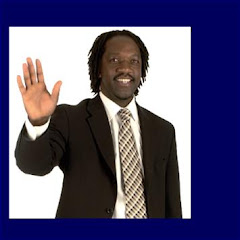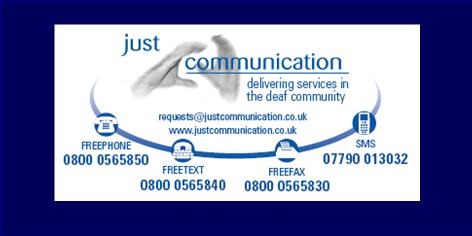Ministers must "learn the lessons" of past welfare changes or risk their proposed shake-up of disability support leaving many in poverty, it is claimed.
Plans to replace the disability living allowance (DLA) could lead to 85% of claimants cutting back on basics like food and transport, a charity warned. The Papworth Trust said there was also anxiety over the reassessment process reports the BBC (31/08/11).
The government says DLA is complex, inconsistent and that changes are "overdue", but stresses cash payments will remain.
The coalition is planning to replace the allowance, introduced in 1992 to help disabled people cope with the extra costs they face in their daily lives, with a new benefit called Personal Independence Payment.
Disability Living Allowance is paid to 3.2 million people
Mobility concernAll 3.2 million people receiving DLA at the moment, both those in work and out, will be reassessed.
It is expected mobility allowances for those in care homes and the care component of the allowance paid to 650,000 people will be ended, while most recipients will receive fixed-term rather than indefinite payments in future.
Disability rights campaigners are seeking a judicial review of the proposals, part of the government's welfare reform bill, saying ministers have not properly assessed their negative impact.
The Papworth Trust said it had spoken to 2,000 people likely to be affected and that eight out of ten believed they would have less to spend on basic items like food, fuel and transport as a result.
Although the government is still consulting on its plans, the charity said the changes risked leaving already vulnerable people "further disadvantaged" - threatening their mobility and peace of mind.
"Disabled people's daily costs are typically 25% higher than those of non-disabled people," its chief executive Adrian Bagg said.
"For example, not all public transport is accessible. This means some people have to use accessible taxis to be able to leave their home, which cost significantly more than non-accessible taxis."
The charity said it accepted that all sections of society were facing cutbacks, but that a 20% reduction in spending on PLP, compared to DLA, would leave very few recipients unaffected.
Campaigners are also urging ministers to take on board problems experienced in their shake-up of incapacity benefit when it comes to assessing people's eligibility for the new benefit.
'Keeping pace'Fitness-for work tests for those on incapacity benefit - known as the work capability assessment - have been heavily criticised for failing to differentiate between those with different conditions, and for not preparing claimants for the ordeal.
Mr Bagg said DLA claimants - particularly those with mental health problems - were "particularly anxious" about the reassessment process and how it would be conducted.
"We urge the government to learn the lessons of the work capability assessment and ensure that if they make this change, the assessment will be fair and the implications clearly explained."
Ministers say DLA has essentially remained the same for 20 years and has failed to "keep pace" with the ever-growing role played by disabled people in society and their rising aspirations.
While remaining a non means-tested cash payment, ministers say PLP will be simpler to apply for and administer and focused on helping fulfil people's desire to live independent lives.
Responding to a public consultation earlier this year, Minister for Disabled People Maria Miller said change was "long overdue" and PLP would be a "truly personalised benefit that evolves over time".
The government says spending on DLA has risen by 30% in the past eight years and, even after the changes, projected spending in 2015-2016 would be equivalent to levels in 2009-2010.





